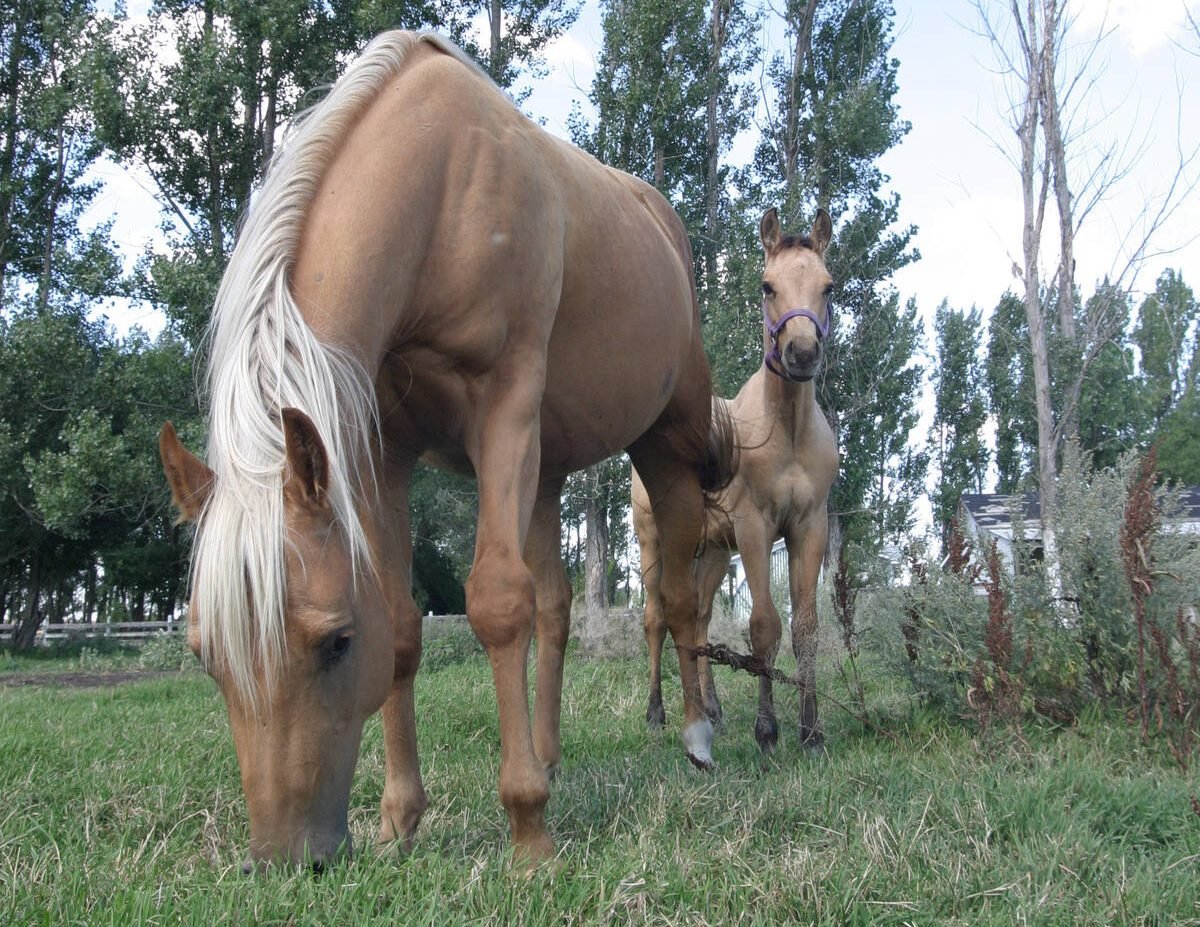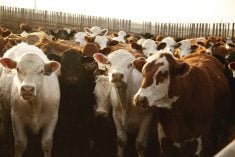A pilot project will test the waters this spring for an interprovincial meat trade.
The goal is to see what upgrades or regulatory changes are needed to move smaller establishments toward federal inspection status.
Plants will be selected from every province by the end of February and work with federal and provincial officials to determine how facilities can be upgraded without compromising food safety standards.
Richard Arsenault, director of the Canadian Food Inspection Agency’s meat programs division, said meat products cannot be exported or shipped across the country unless they are processed in a federally registered plant.
Read Also

Growth plates are instrumental in shaping a horse’s life
Young horse training plans and workloads must match their skeletal development. Failing to plan around growth plates can create lifelong physical problems.
A common argument is that meat processed in one province should be safe enough for residents of another province to eat.
“It is a longstanding irritant for some people,” Richard said.
“The overall goal would be that everybody does exactly the same thing. There are costs to that and that is something the provinces may not all be willing to do.
“This approach has got a lot of momentum and shows some real potential that other projects in the past may not have had. This isn’t going to fix everything, but it is going to fix some of it.”
Each province and territory has its own meat inspection standards, while federal standards have higher requirements for hygiene, employee training, veterinary inspection of animals before and after slaughter and specific construction materials for easy cleaning.
“When we wrote our manual of procedures, which all federally registered plants are required to follow when they operate, we wrote it with large plants in mind because it was oriented around Canada’s exports,” he said.
The requirements are easily implemented in large plants with hundreds of employees but is more difficult in small operations with fewer employees and procedures.
For example, hand washing is a standard requirement.
Large federal plants have supervisors, written rules and training to make sure it happens regularly when employees handle raw meat.
Small plants also practice hand washing, but it is more expensive for them to have verification, maintain paperwork and regularly provide training programs.
“That is something a large plant can afford but when you have 25 employees, the overhead basically becomes a barrier to trade and that is what we are trying to address.”
Agriculture ministers directed the CFIA last July to start the program, and $3 million was announced in December to fund the pilot projects.















